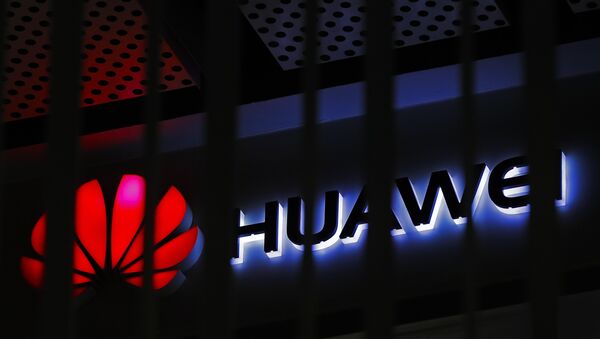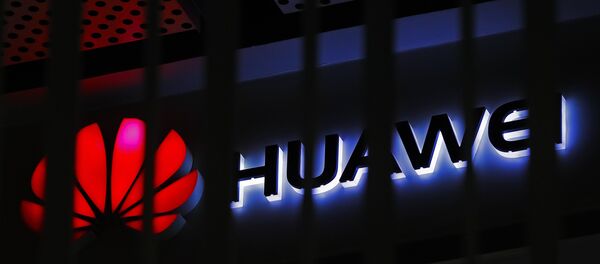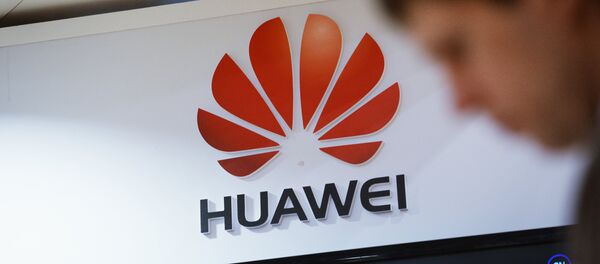Top US tech companies have suspended the supply of their software and gear to Chinese telecom giant Huawei, which has suffered a series of blows from the Trump administration recently.
According to Bloomberg, chip companies including Intel, Qualcomm, Xilinx, and Broadcom have told their employees that they will not supply their gear to Huawei until further notice.
Google earlier became the first in a string of US corporations to sever their dealings with Huawei, cutting off the supply of hardware and some software services to the besieged Chinese company.
Future Huawei phones, which run Google's Android operating system, are set to lose access to updates to some Google apps, including YouTube and Maps, but the existing devices will be safe.
The move is expected to have a limited impact on the Chinese market, where most Google mobile apps are already banned and users choose alternatives offered by domestic competitors.
Huawei said it would nevertheless continue to provide security updates and after-sales services to all of its existing smartphones and tablets. "We will continue to build a safe and sustainable software ecosystem, in order to provide the best experience for all users globally," a spokesperson for Huawei announced on Monday.
On 15 May, Donald Trump declared a national emergency over foreign-made telecom equipment deemed dangerous to national security. The executive order did not specifically reference any companies or countries, but on the same day, the US Commerce Department blacklisted Huawei and 68 of its affiliates, prohibiting them from buying parts and components from American companies without a permit.
Huawei Technologies Co. CEO and founder Ren Zhengfei said the US move would not have a big effect on the company's growth and reiterated that Huawei hadn't violated any laws. He also said Huawei will be "fine" as it had prepared for the ban on the purchase of US-made chips.
READ MORE: 'Doesn't Feel Safe': Norway Sceptic About Deal With Huawei Amid 'Spying' Craze
It came as another blow for Huawei from the Trump administration, which is seeking to choke off the company over allegations that it could be handing over customer data or other crucial information to the Chinese government.
The company has adamantly denied all allegations of espionage, with its chairman, Liang Hua, saying last week that Huawei was willing to sign "no-spy agreements" with governments in order to win contracts abroad.
The United States, which has already blocked Huawei from use by the government and its contractors, is pushing its allies to jump on the ban-wagon. Japan has followed suit, while Australia and New Zealand banned Huawei from supplying equipment to their next-generation 5G networks.
Several countries, however, have refused to bow to US pressure. Major EU economies such as Germany and Italy are allowing Huawei to take part in building their 5G networks. The UK, meanwhile, has gone even further, and last month allowed the firm to supply less sensitive parts of 5G networking equipment.



